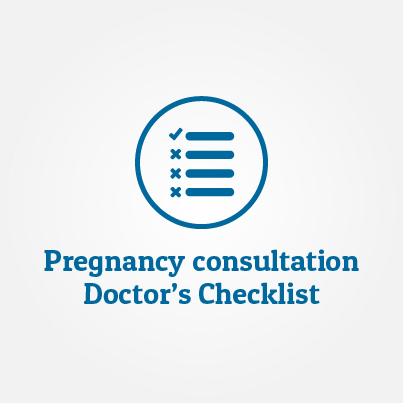Table of Contents
Is your body ready to have a baby? You might need to consult your doctor before you try conception.
Having a baby is a dream come true for most women – after all, what can be more precious than holding your baby in your arms for the first time? You cannot wait to experience motherhood, and you and your partner start trying to conceive in earnest.
However, the first step in getting pregnant does not start with sexual intercourse – it is in determining that your body is fit to conceive and carry the baby to term. A variety of factors can prevent a pregnancy from occurring, and you may not even be aware of them! So instead of trying to get pregnant for a few months and ending up frustrated owing to a lack of positive results, a visit to the doctor is advised. This is known as pre-pregnancy consultation.
Your doctor will check if you are:
– Suffering from any diseases ranging from diabetes to hypertension, and from hyperthyroidism to anaemia.
– On medication for mental disorders, skin problems, dental issues, heart problems or any underlying health conditions for which you have been taking medicines for a prolonged period of time.
– Using contraception or a birth control pill. If you are on the pill, your doctor will ask about the duration of the medication and give you a tentative time frame around when your body can resume its normal ovulation cycle. Doctors estimate that it takes anything between two to six weeks for ovulation to resume normal cycles if the woman is on oral contraception, but contraceptive injections can cause ovulation to go off kilter for even up to six months.
– At your optimum weight for conception. Being overweight or underweight can affect your chances of conceiving. When trying to conceive a baby, you must ensure that your BMI is not over 23 (which indicates excess weight) or under 18 (which indicates less weight).
– at the right age. The older you are, the higher the risk of complications during the pregnancy. Older women can find it difficult to conceive, as fertility levels begin to decline. Older mothers can also report instances of gestational diabetes (which can harm the baby) and chromosomal disorders.
– Whether you have excess blood sugar or urinary tract infections. Both these are indicators of disorders that can upset the body’s natural rhythms and pose problems for pregnancy.
The doctor will also check for previous history of pregnancies or miscarriages, your family medical history, if you are at risk of any STDs (Sexually Transmitted Diseases), your lifestyle and the frequency of sexual intercourse. You will be advised on what steps to follow when trying to conceive. Following your doctor’s advice to the letter will give you the results you want – in the form of a bonny baby!

